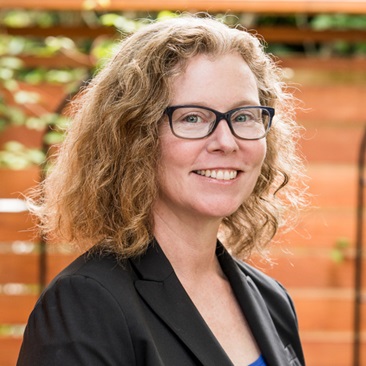full-time faculty teaching and conducting research in political science
of Maxwell faculty conduct research focused outside of the U.S.
graduate students in residence; fewer than 12 admitted each year
Undergraduate Studies
Graduate Studies

I am Maxwell.
Civic engagement is a core value for me. I have always aspired to help the communities I’m from.” Mazaher Kaila, a Maxwell alumna and third-year student at Syracuse University's College of Law, moved with her family from Sudan to Central New York when she was four years old. “I realized that to make meaningful change in society, I needed to understand the systems that power it—government and politics—and that’s insight I would gain by studying political science.”
Mazaher Kaila ’19, L’22
political science, law
Residential mobility and persistently depressed voting among disadvantaged adults in a large housing experiment
David Jonathan Knight, Baobao Zhang
Proceedings of the National Academy of Sciences, March 2024
This study examines the impact of residential mobility on electoral participation among the poor by matching data from Moving to Opportunity, a U.S.-based multicity housing-mobility experiment, with nationwide individual voter data.
Nearly all participants in the experiment were Black and Hispanic families who originally lived in high-poverty public housing developments.
Notably, the study finds that receiving a housing voucher to move to a low-poverty neighborhood decreased adult participants’ voter participation for nearly two decades—a negative impact equal to or outpacing that of the most effective get-out-the-vote campaigns in absolute magnitude.
This finding has important implications for understanding residential mobility as a long-run depressant of voter turnout among extremely low-income adults.
Related News
Commentary

Aug 1, 2024
Commentary

Jul 31, 2024
Commentary

Jul 30, 2024
BaoBao Zhang Joins First Cohort of AI2050 Early Career Fellows
One of only 15 scholars chosen from across the U.S., Zhang will receive up to $200,000 in research funding over the next two years. Zhang will use the funding to partner with the nonprofit, non-partisan Center for New Democratic Processes to test whether public participation in AI governance is increased through the creation of public assemblies, known as “deliberative democracy workshops.”
Baobao Zhang
Assistant Professor, Political Science Department

Residential mobility and persistently depressed voting among disadvantaged adults in a large housing experiment
David Jonathan Knight, Baobao Zhang
Proceedings of the National Academy of Sciences, March 2024
This study examines the impact of residential mobility on electoral participation among the poor by matching data from Moving to Opportunity, a U.S.-based multicity housing-mobility experiment, with nationwide individual voter data.
Nearly all participants in the experiment were Black and Hispanic families who originally lived in high-poverty public housing developments.
Notably, the study finds that receiving a housing voucher to move to a low-poverty neighborhood decreased adult participants’ voter participation for nearly two decades—a negative impact equal to or outpacing that of the most effective get-out-the-vote campaigns in absolute magnitude.
This finding has important implications for understanding residential mobility as a long-run depressant of voter turnout among extremely low-income adults.
Related News
Commentary

Aug 1, 2024
Commentary

Jul 31, 2024
Commentary

Jul 30, 2024

